Want to meet and network with the people running the booming indigenous cannabis industry in Tyendinaga? To be among thousands of like-minded, peace-loving people who share a love and respect for the cannabis plant? To be front row for four days of cutting-edge workshops where you’ll learn more than you ever imagined about the indigenous connection to cannabis and hemp?
Then come join hundreds of vendors, selling every cannabis product under the sun, May 18-21, at the inaugural Smoke Signals Indigenous Cannabis Cup, in Tyendinaga, Mohawk Territory. Anyone 19 years or older is welcome to join thousands of cannabis experts, connoisseurs and enthusiasts during four glorious days of everything cannabis-related.
Historic Gathering
This historic, one of a kind gathering will chart a whole new way for coming together, planting seeds, and celebrating, the likes of which Victoria Day Weekends have never seen.
“It’s all about networking,” says Jamie Kunkel, a Mohawk of the Bear Clan, owner of Smoke Signals dispensary and founder of the Cup. “My goal is to create a forum or a device for Indigenous people in the cannabis industry to network with the rest of the world. We have a lot to offer.”
Conceived as a way to connect the who’s who of the cannabis world and to determine who’s got the best product, the Cup is bringing in talent from across Turtle Island and abroad to create awareness of the powers of the cannabis plant – from its many healing properties to its potential as an economic powerhouse for those who embrace it.
The Cup will take place on land stretching out behind Kunkel’s Smoke Signals shop, just off of Highway 49. The weekend will include overnight camping, bonfires, music and entertainment, and dozens of workshops ranging from practical lessons (like how and why your cannabinoids and terpenes are linked to your soil) to historical teachings.
For the affordable price of $420, vendors can get their own 10×10 piece of ground, where they’ll be free to display all of their cannabis and cannabis-related products. We’re talking oils, salves, flower, tinctures, edibles, pipes, bongs, papers, etc. If it involves cannabis, you’ll find it there!
Those who want to put their expertise to the test can become judges, also for the price of $420, which, in the end, will be more than compensated for in the VIP bag of cannabis products every judge will receive.
And, of course, if you want to attend and see what the fuss is all about – and perhaps put a few Smoke Signals in the air yourself – you can do so for the price of $42 bucks per day. Or you can do it right and get yourself a weekend-pass and camping spot for all four days for $120.
All in all, let’s just say there will be something for everybody!
An Indigenous Cup held on Indigenous land
“It’s an Indigenous Cup that is being held on Indigenous land,” Kunkel, a man of few words but much impact told Smoke Signals Media. “But other than that, it’s opened to everybody. Everybody is more than welcomed. Have fun. Enjoy the weekend!”
Evan Johnston, a non-native vendor and general manager at Greengo, a smoking accessories company sponsoring the event, is looking forward to doing just that… and he’s bringing his friends.
“I’ve always been an all-inclusive kind of person…so I’m trying to get as many non-native people to come as I can,” Johnston says, laughing. “I think there is so much potential for a place like this. It’s going to be huge!”
Greengo primarily produces smoking papers that are chemical-free, good for the environment and easy on your lungs. Their product is certified by the Forest Stewardship Council – a non-for-profit organization that sets the standards for ethically-sourced forest products, including wood for paper.
That’s why at the Cup, Johnston will be showcasing Greengo’s latest – biodegradable hemp-based plastic designed to combat the destructive and pervasive plastic industry.
“They already saw garbage cans overflowing with plastic joint tubes in the 1980s,” Johnston explains. “So we’ve developed these tubes made with biodegradable hemp plastic. So after a couple of years in the landfill, it just turns into dirt.”
“To me, cannabis has been a very important part of my life – medicinally, spiritually and recreationally,” Johnston continues. “And I feel that Indigenous people know how to get around the corporate interests” that are currently threatening the industry.
With the cannabis industry booming and Canada’s Prime Minister Justin Trudeau looking to legalize it later this year – albeit under rigidly restrictive measures – Indigenous people are poised to benefit.
This Cup is only the beginning.
Indigenous Cannabis Cup giving back to the people
Organizers are hoping the event will not only happen annually, but will grow into a massive hub of information and support for all those looking to either get into the industry for themselves or simply for the best possible product to cure their ailments.
Kunkel sees this as not only possible but necessary. In fact, he says, he sees the event as a vehicle that will help take cannabis much further than the tobacco industry has.
“I think cannabis has the potential to be five times the size of tobacco,” he says, beaming with confidence. “Tobacco has spent its entire history killing people. Cannabis is quite the opposite.”
All surplus generated from the Cup will go towards bettering the people of Tyendinaga. This includes building a cultural centre/longhouse for community-based decisions; financial support for the Tyendinaga Midwifery program; support for the Mohawk Language immersion program; and the creation of a community hardship fund to help those in financial need.
Smoke Signals is located on 255 ON-49, Deseronto, Ontario.
For more information on how to buy tickets, get a vendors table, propose a workshop or musical act, please visit: www.indigenouscannabiscup.com

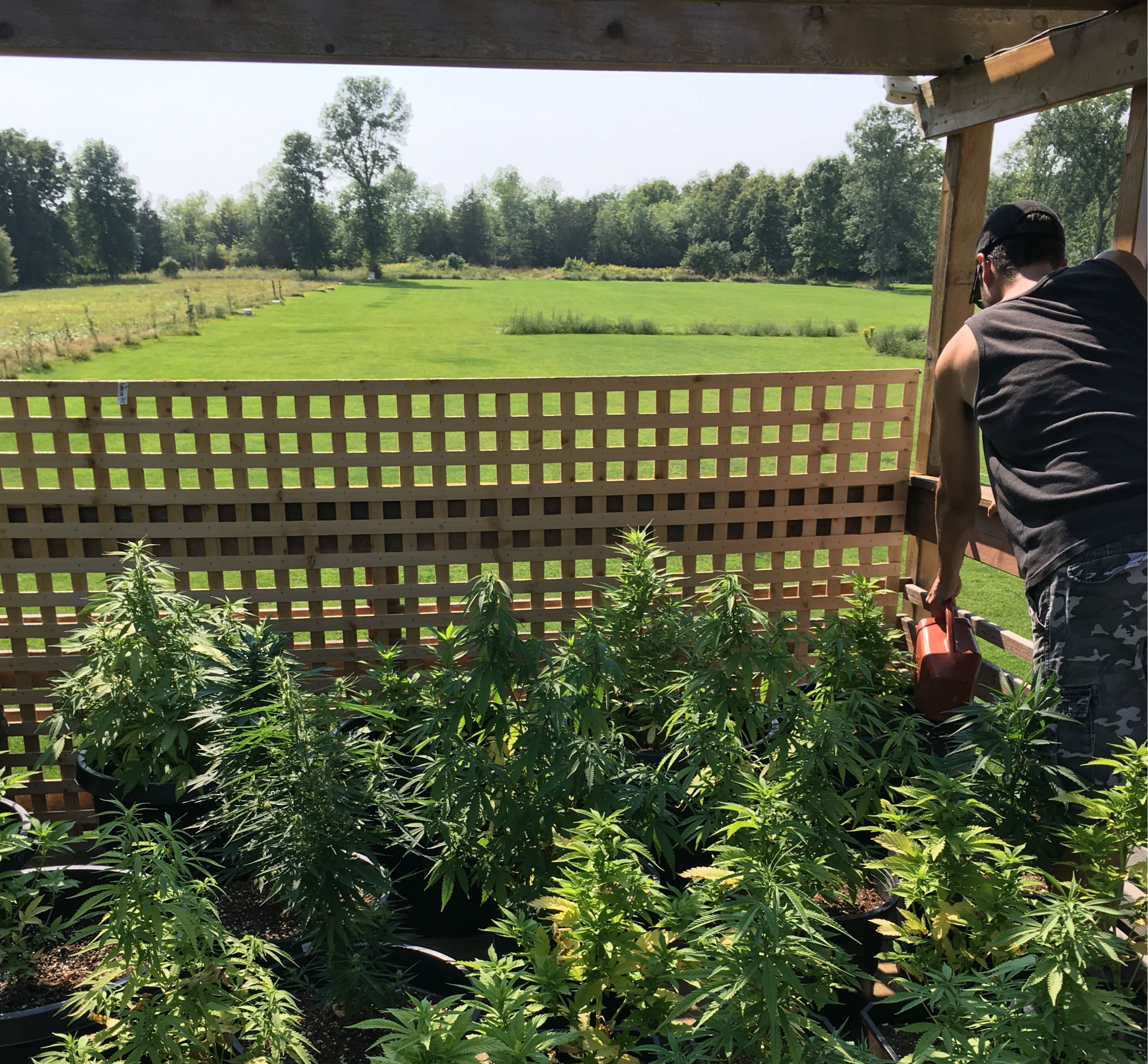
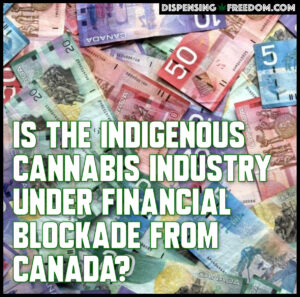

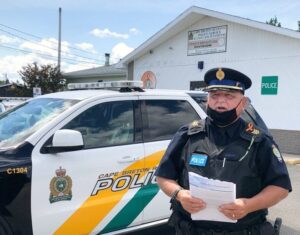
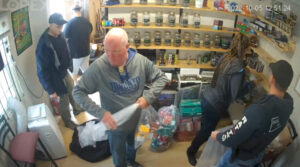
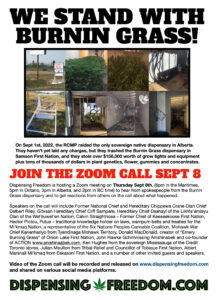
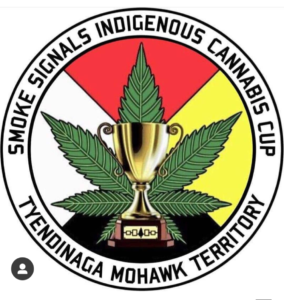
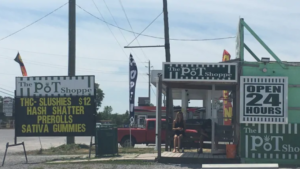
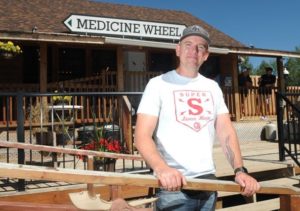






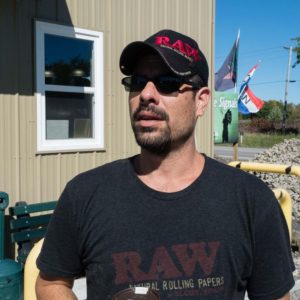
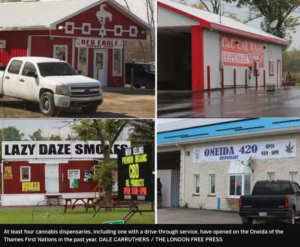
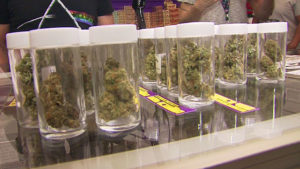
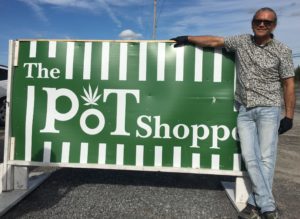
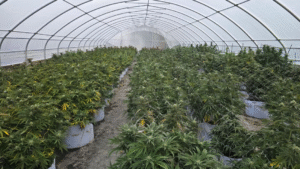
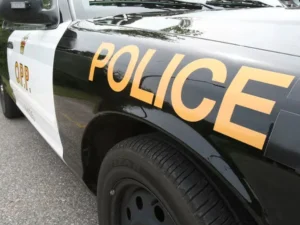
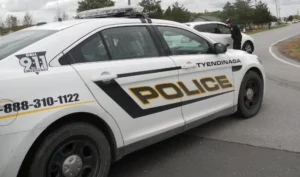
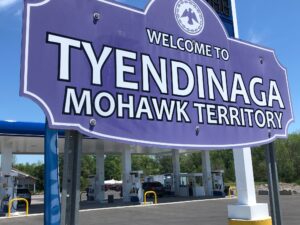
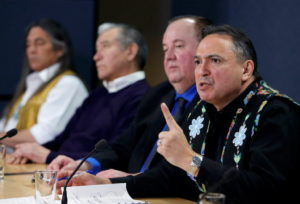
Comments are closed.